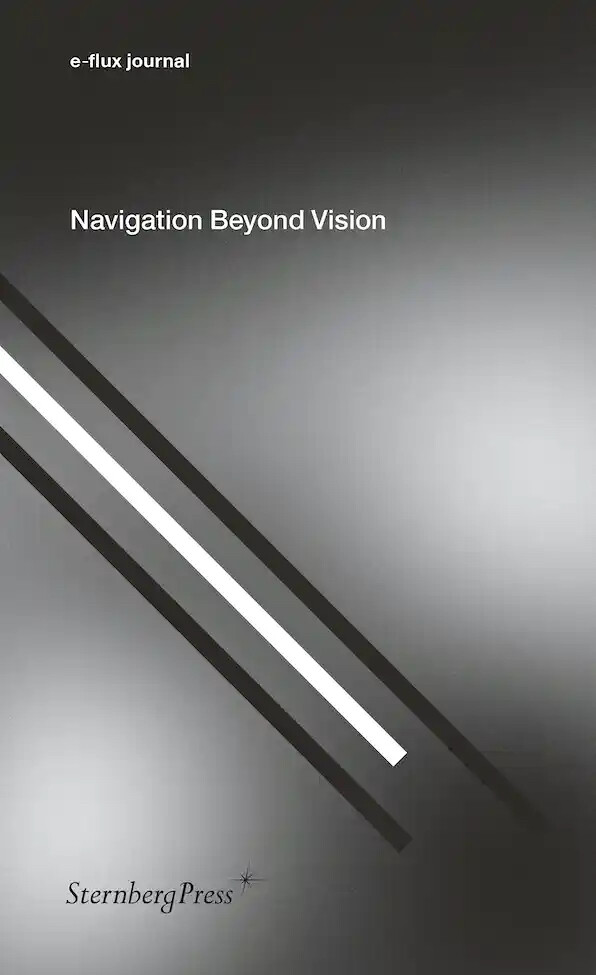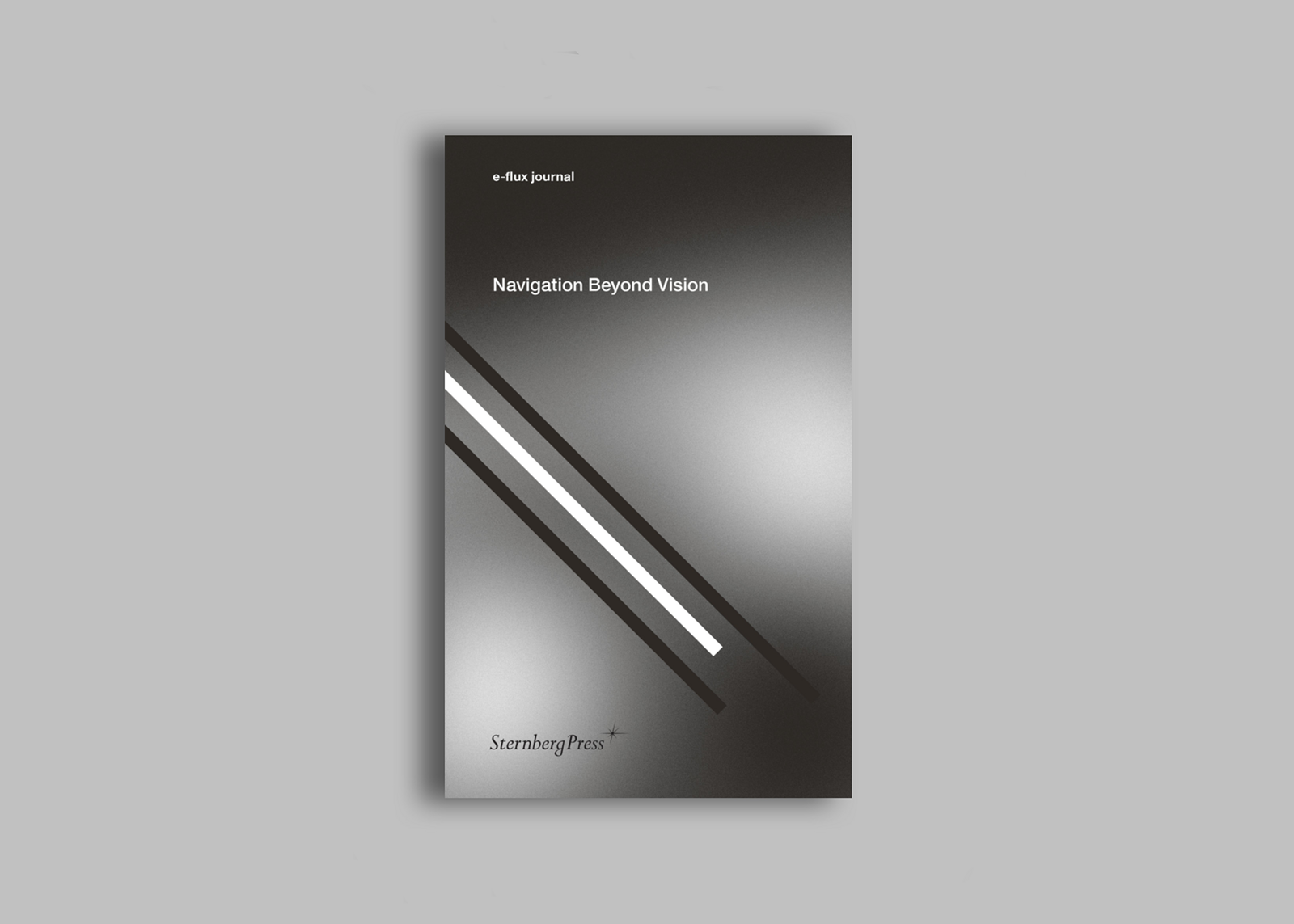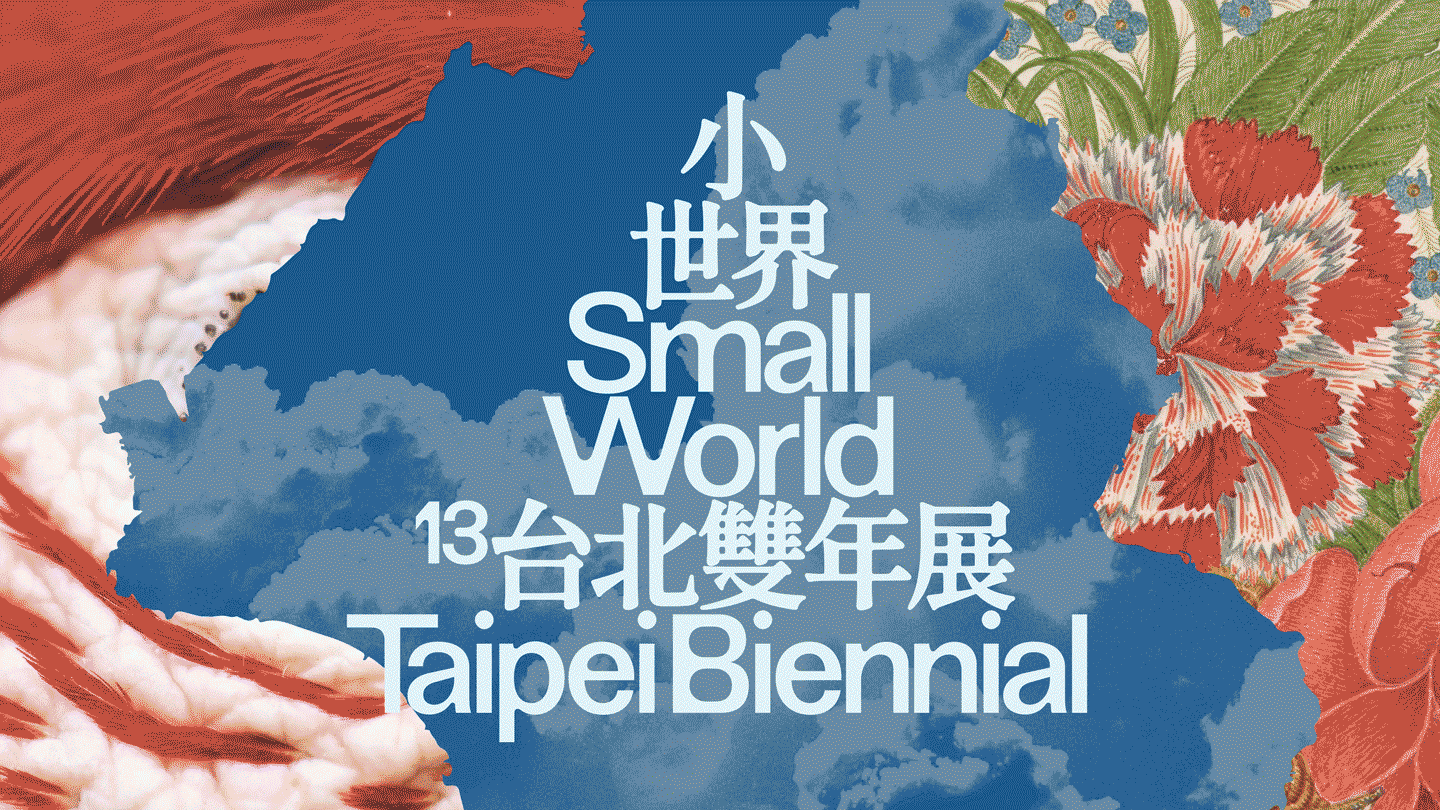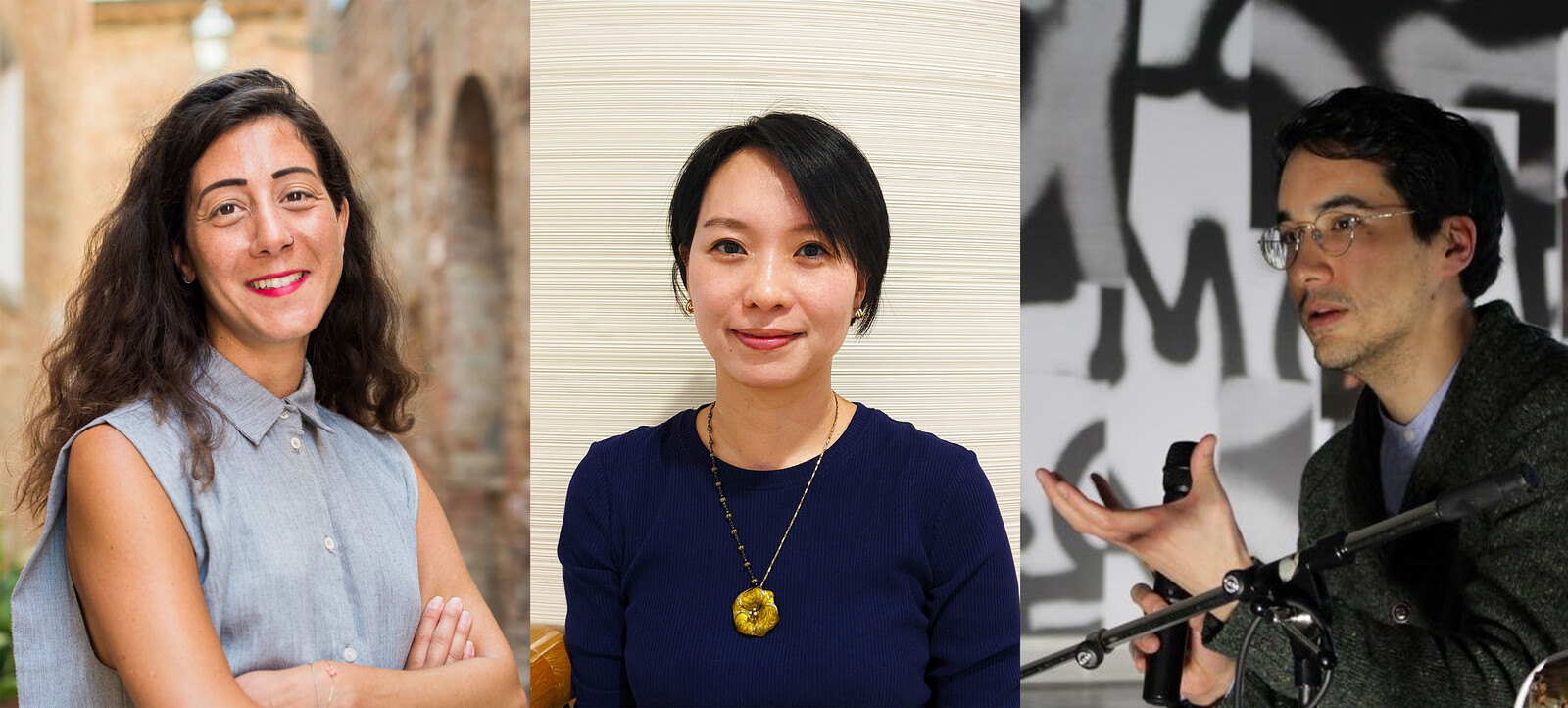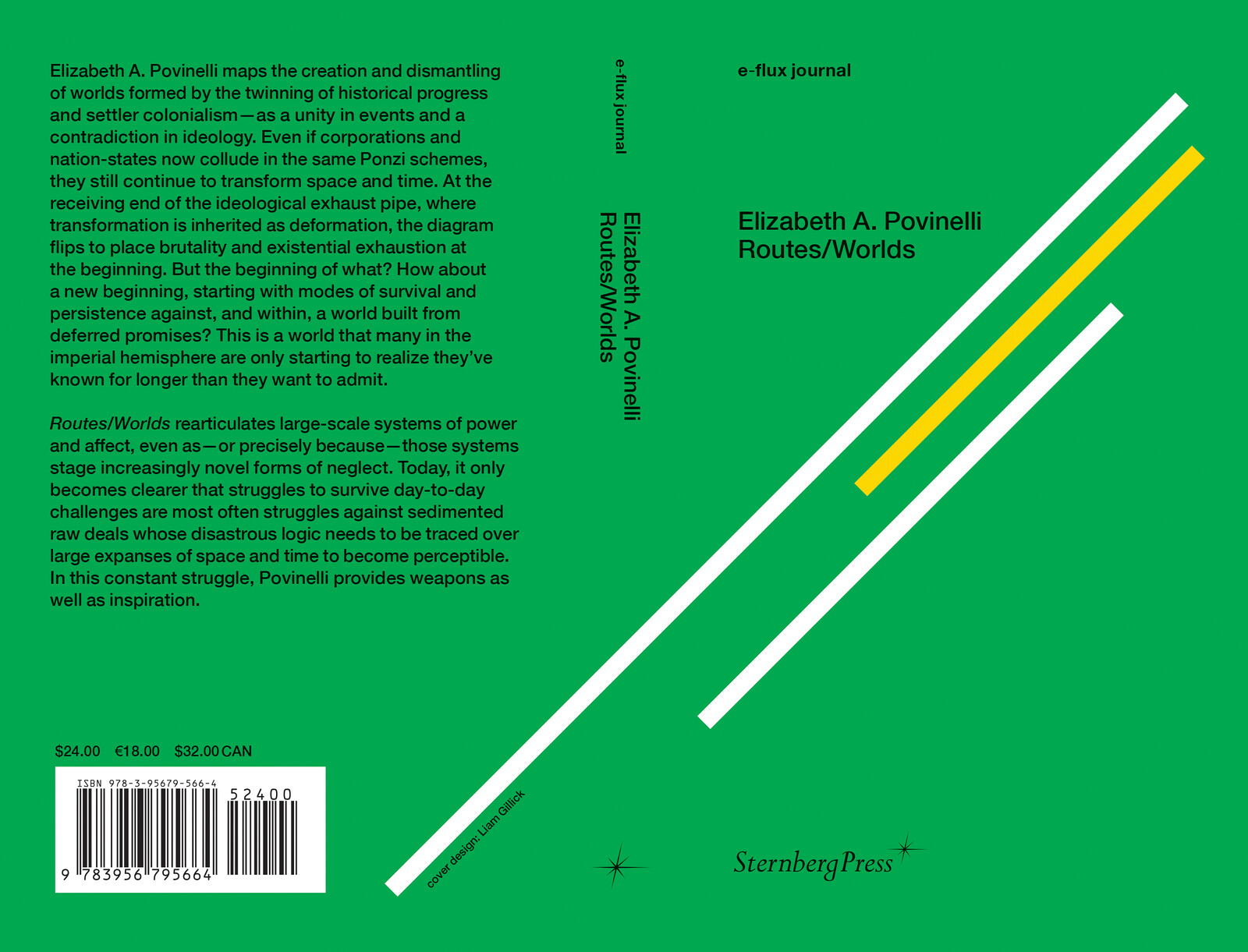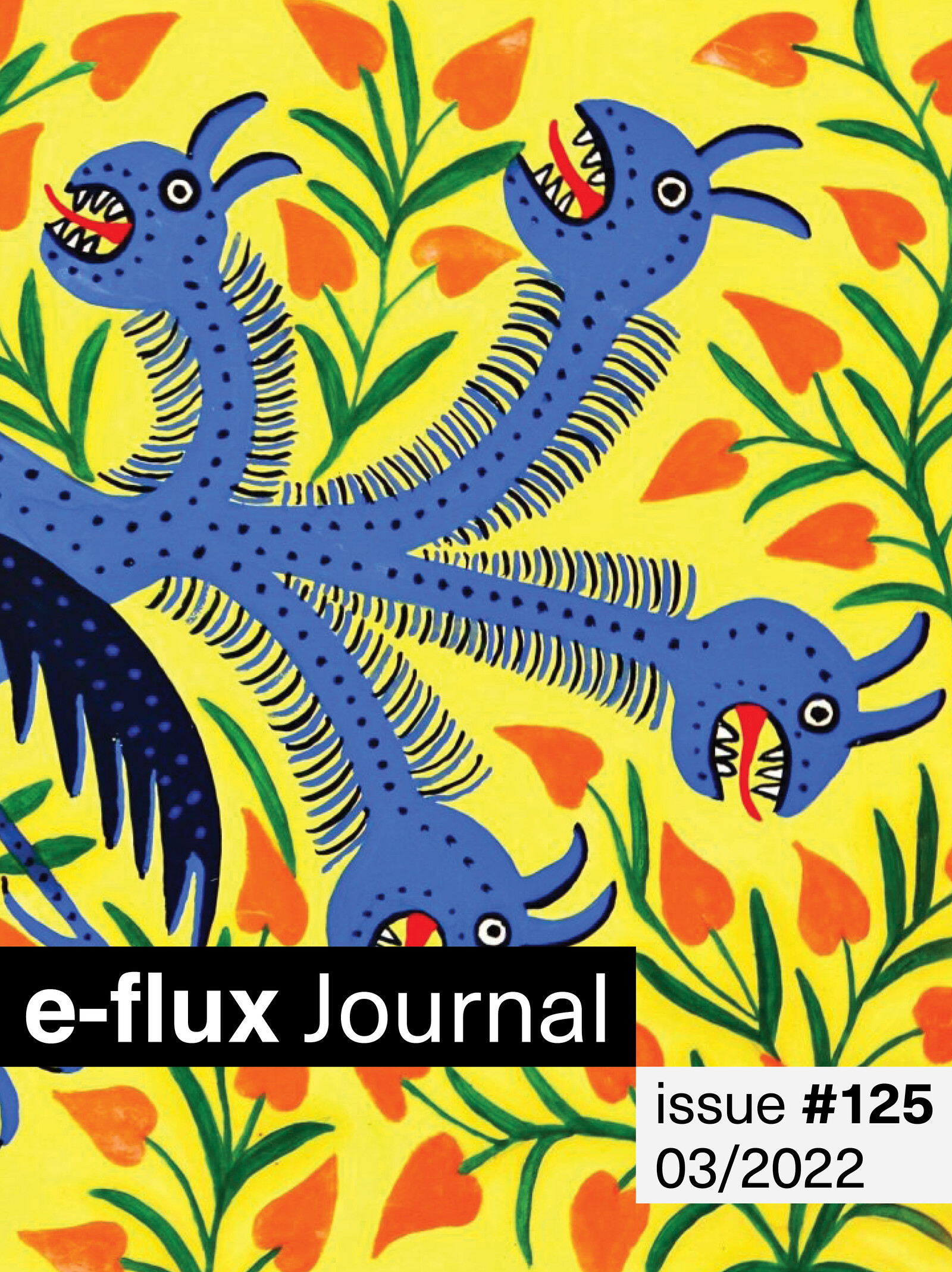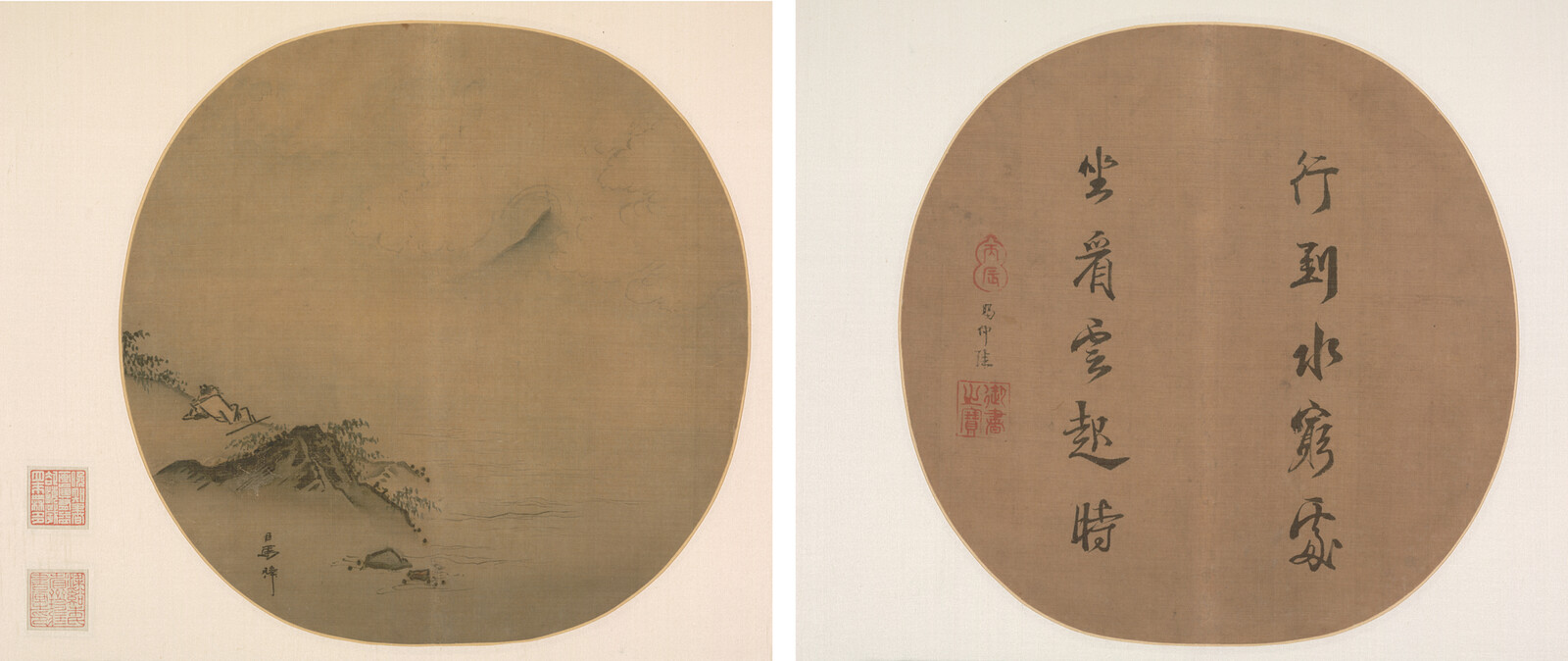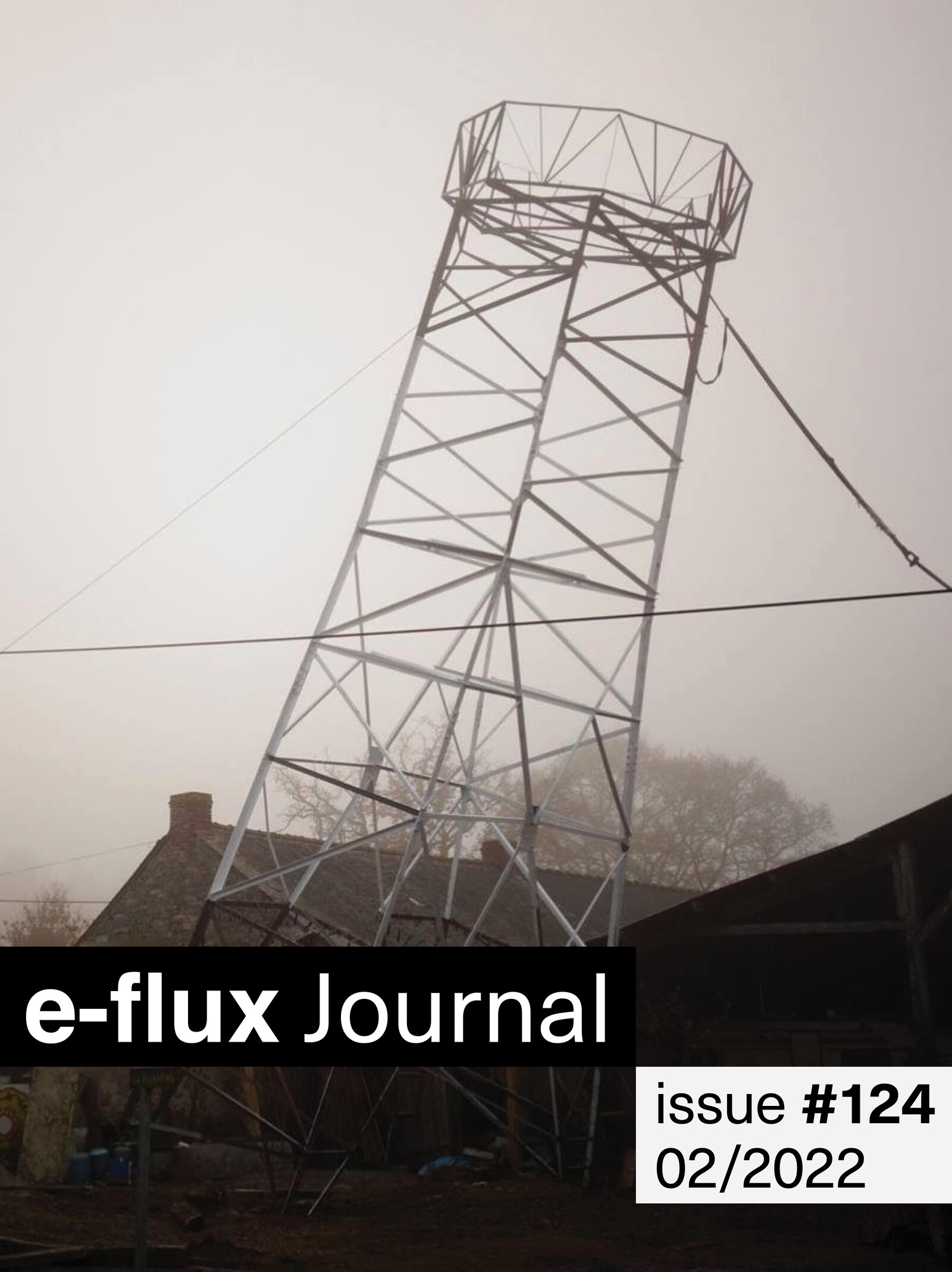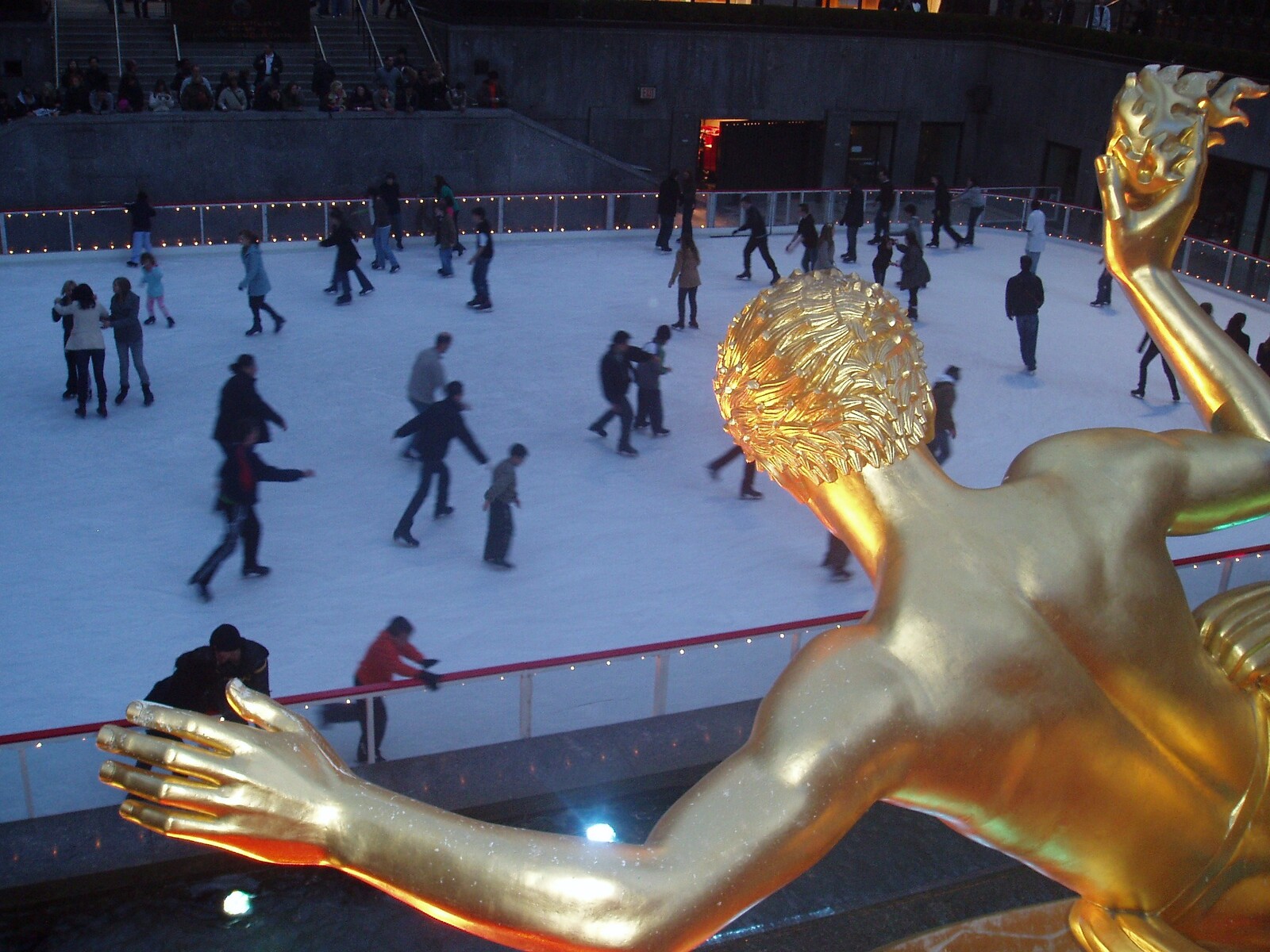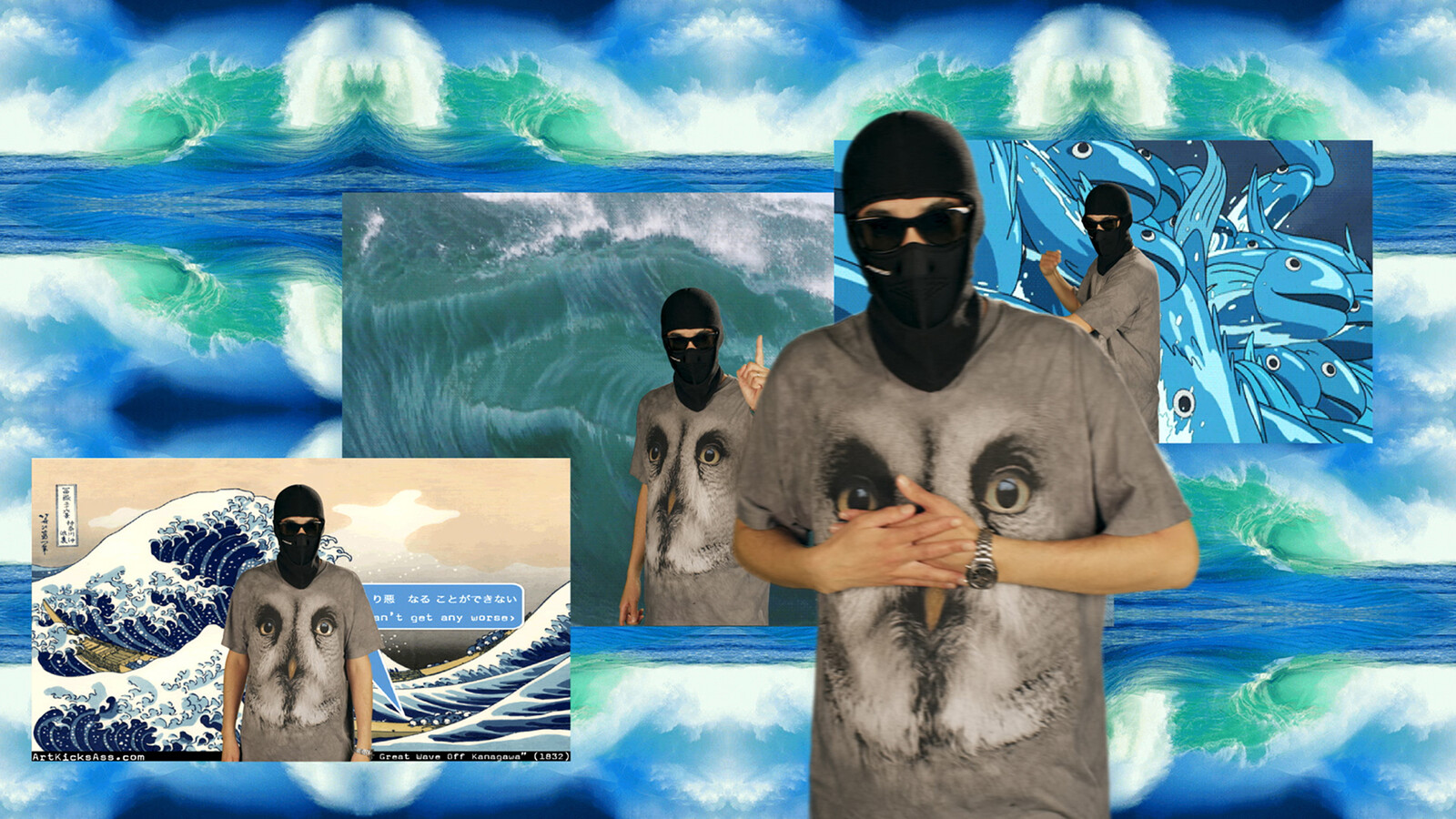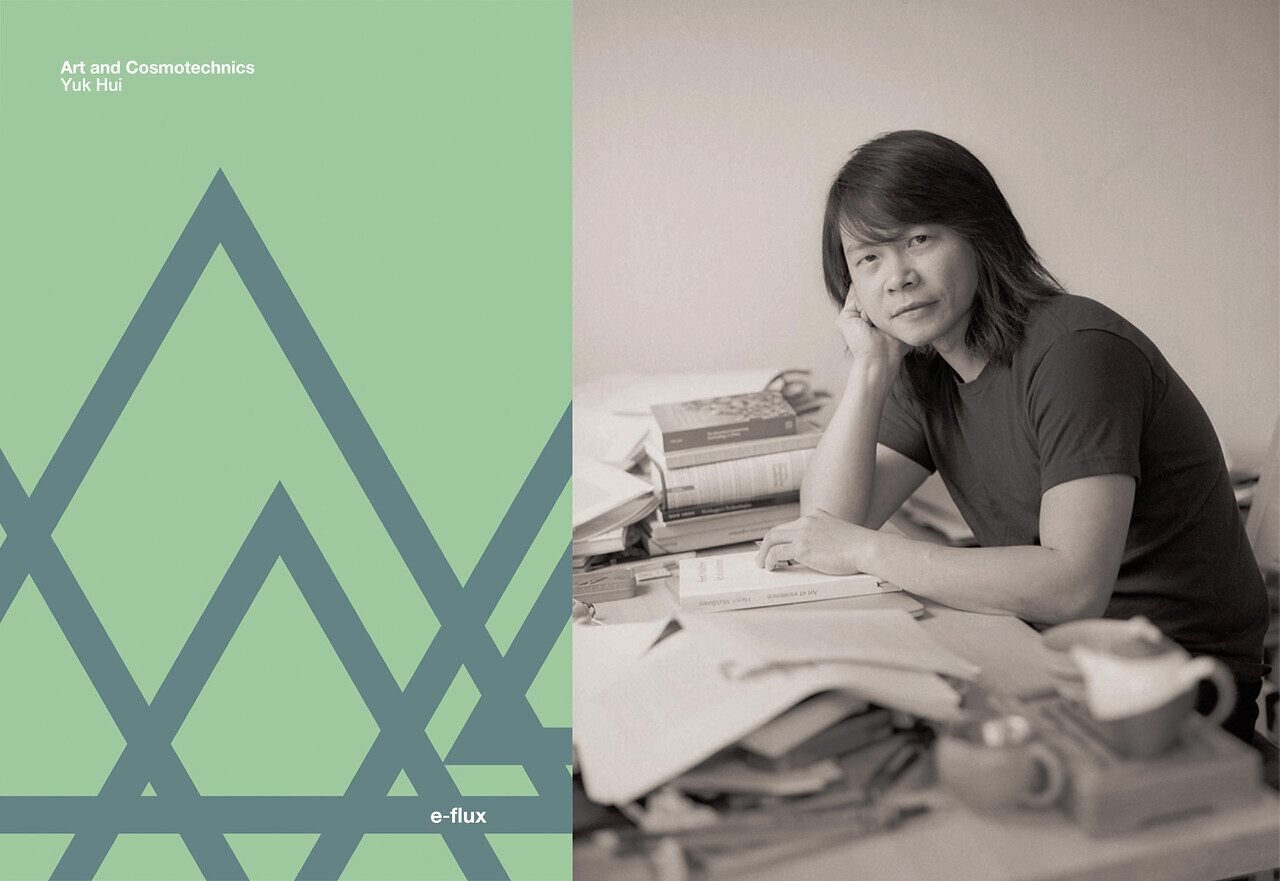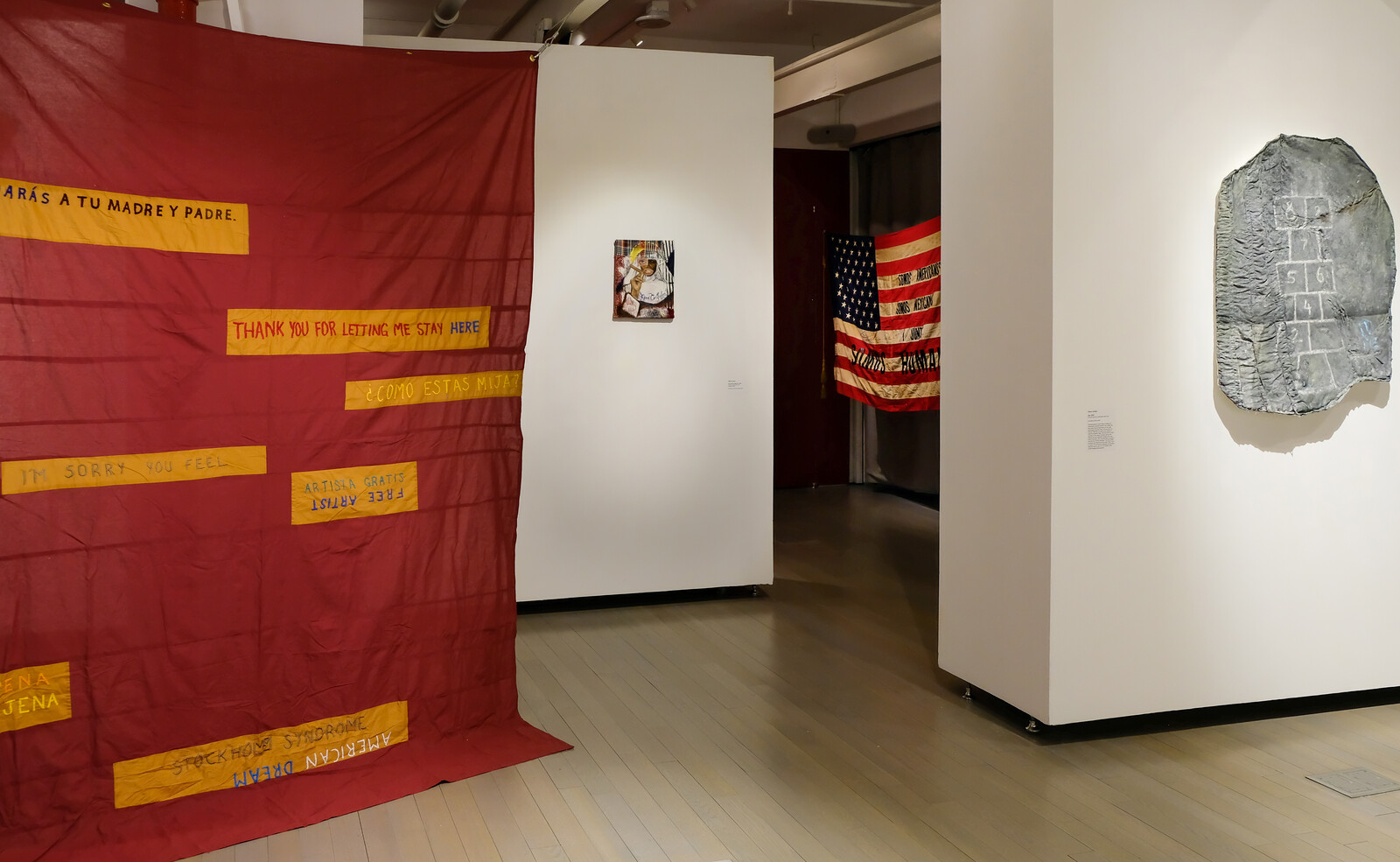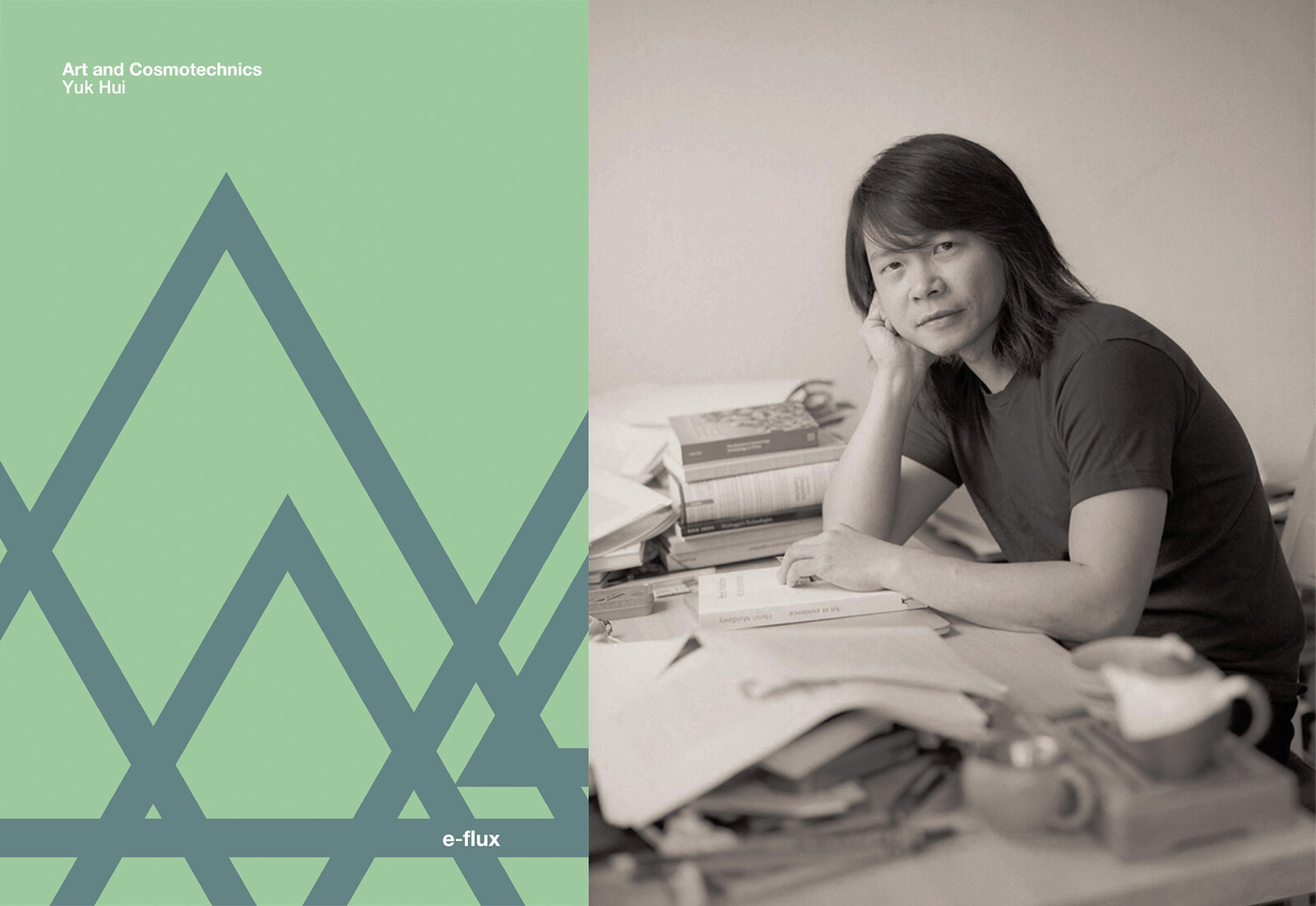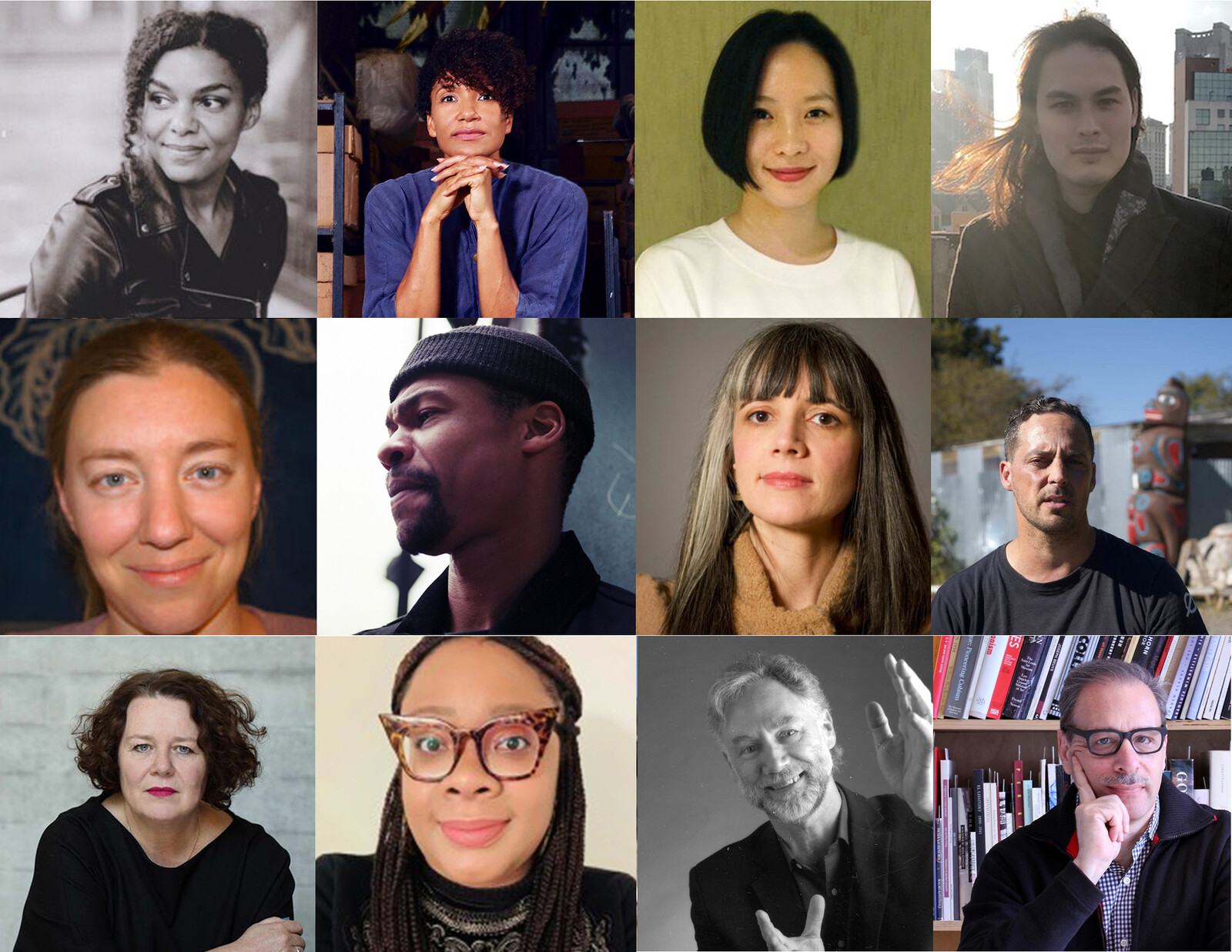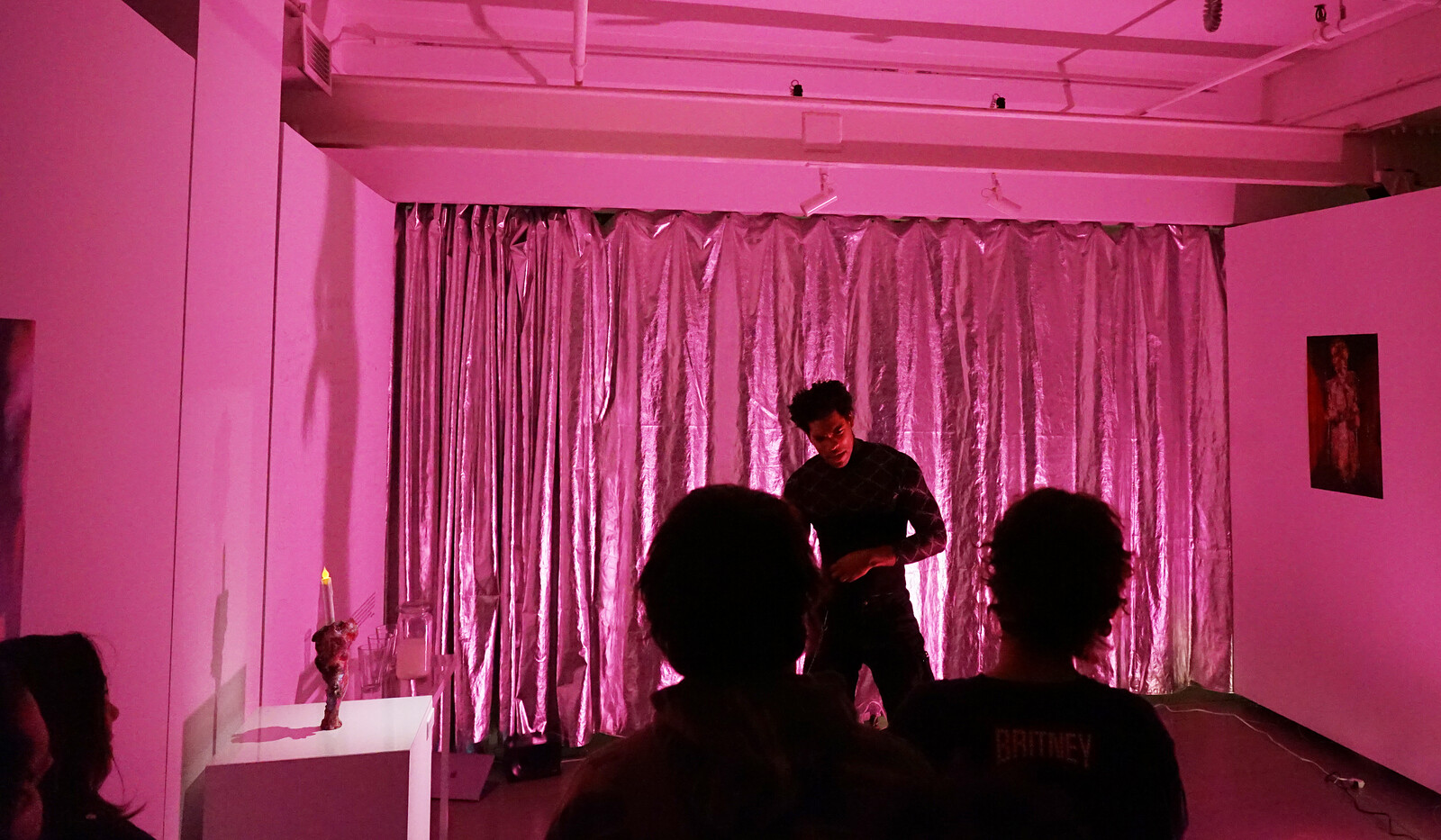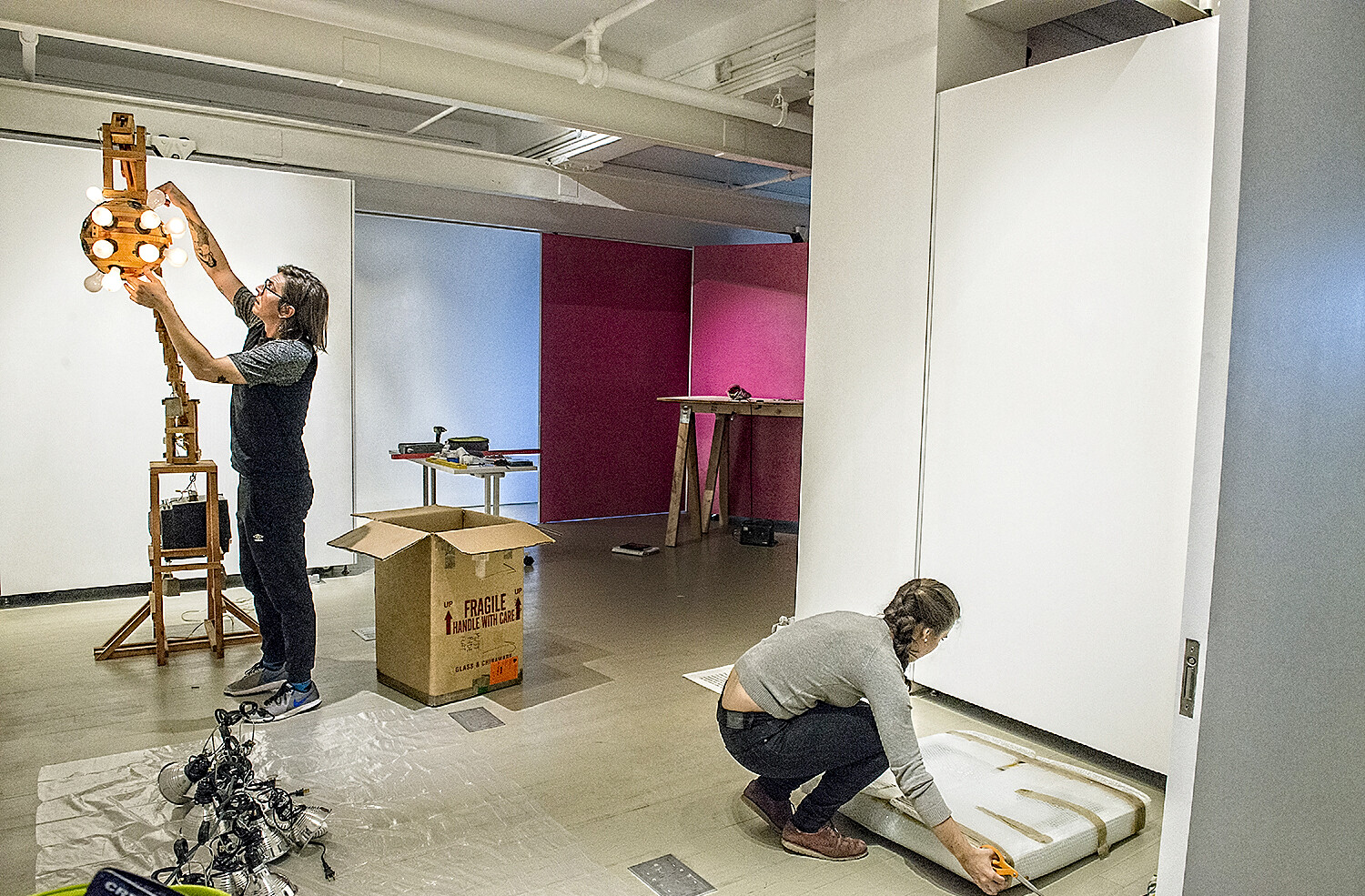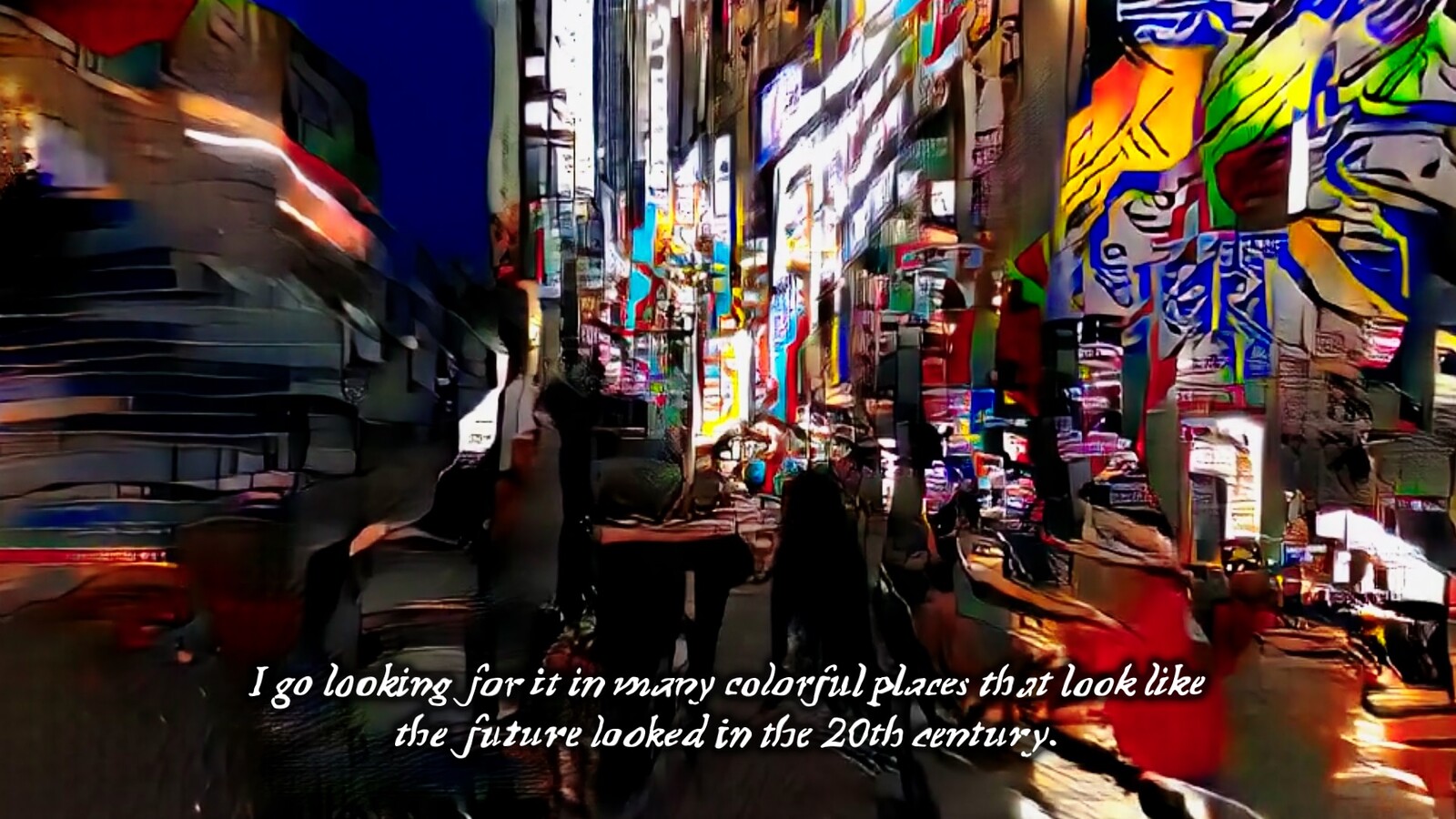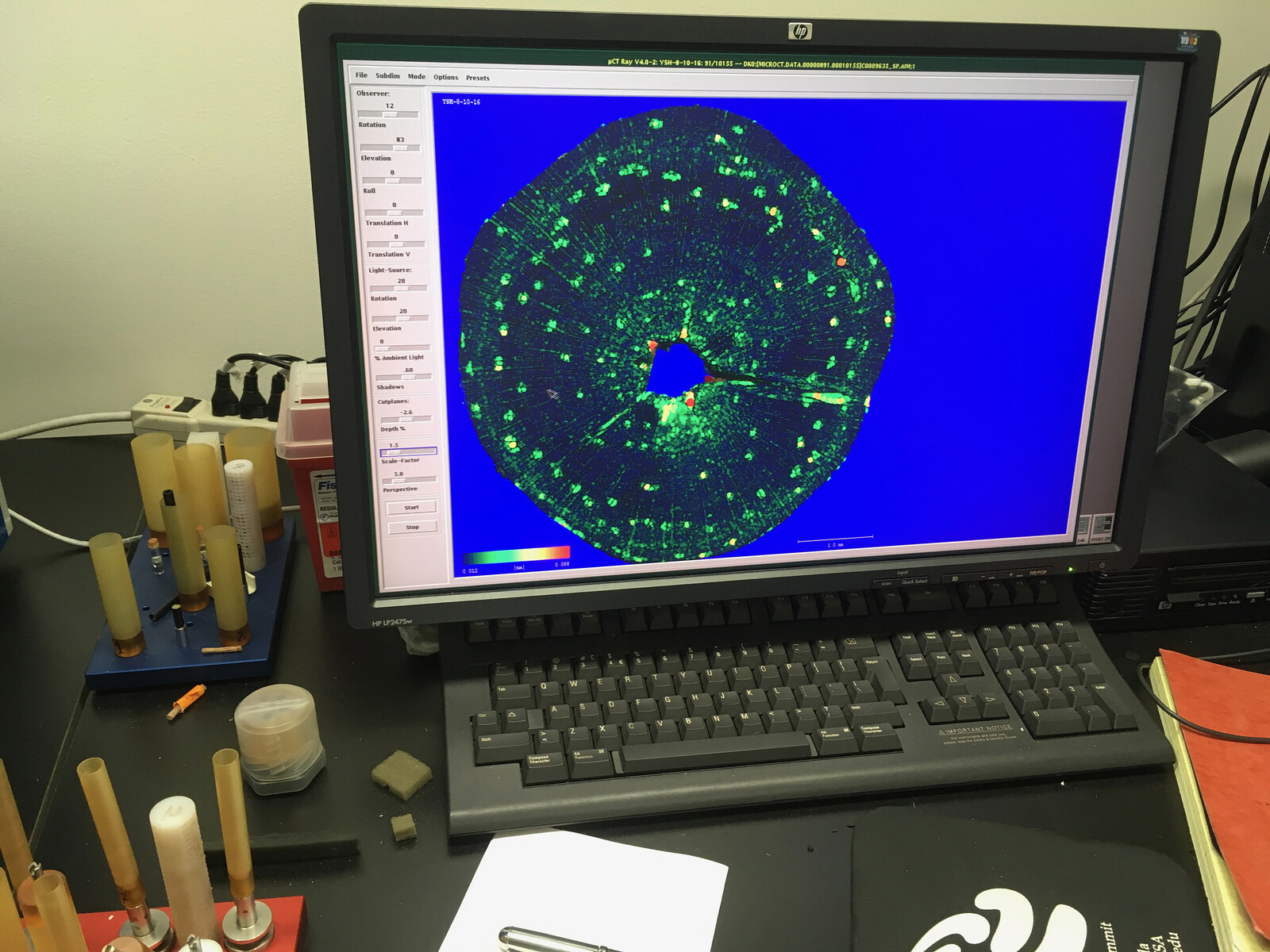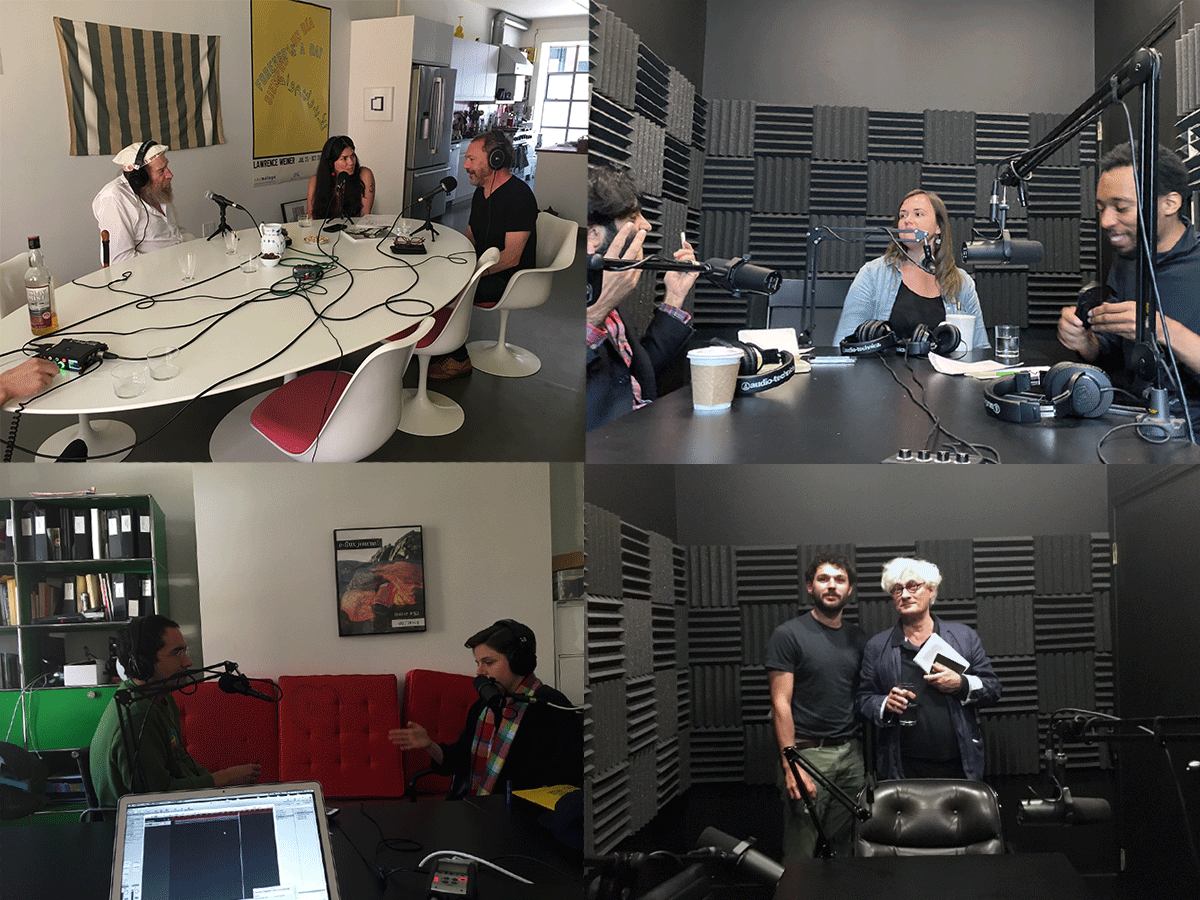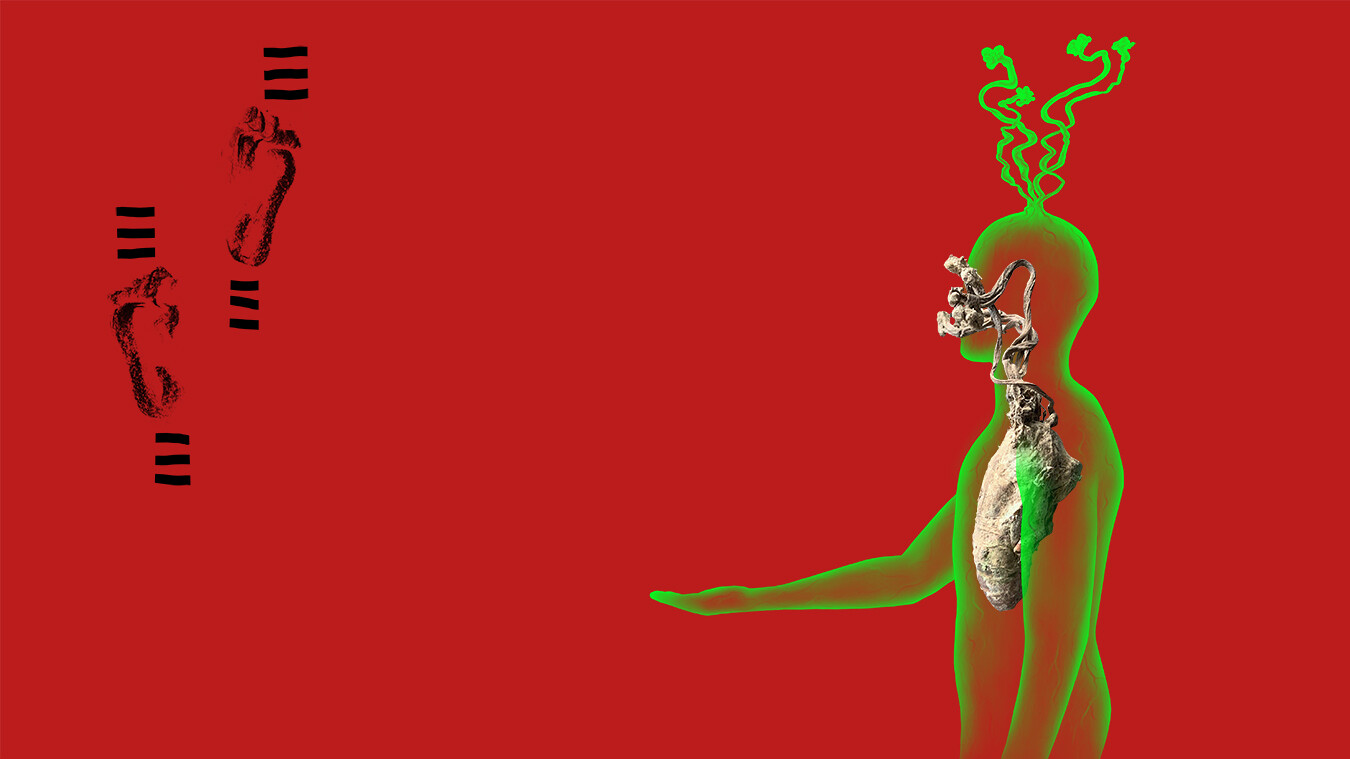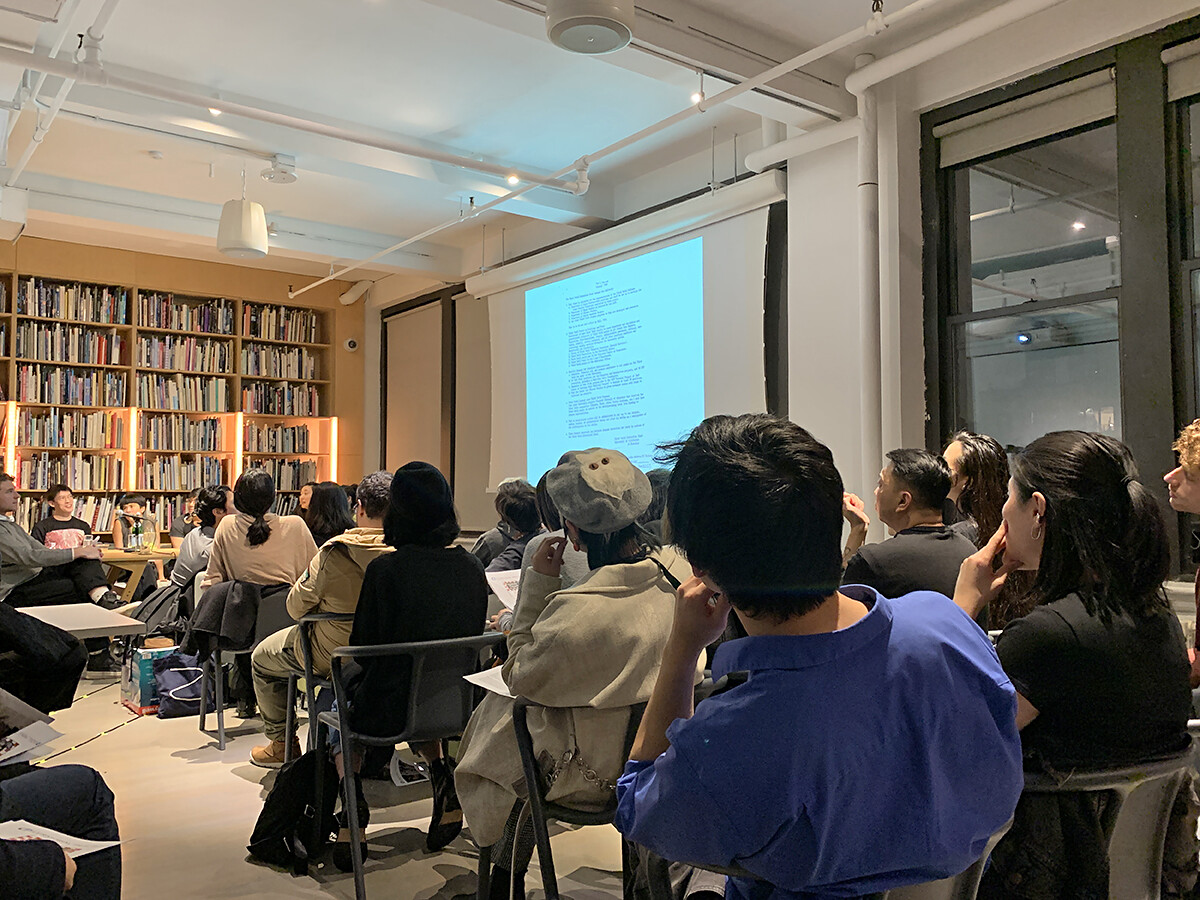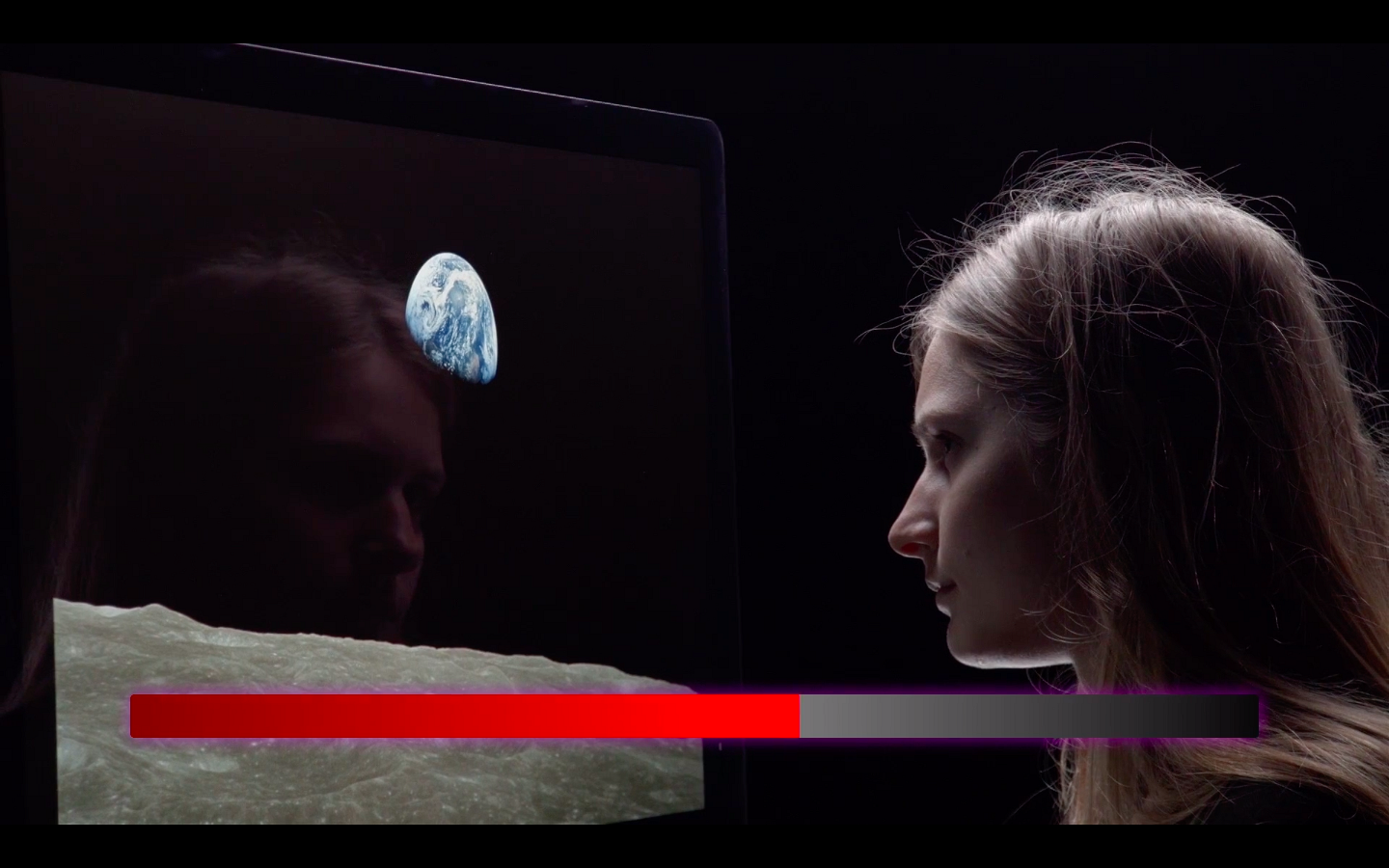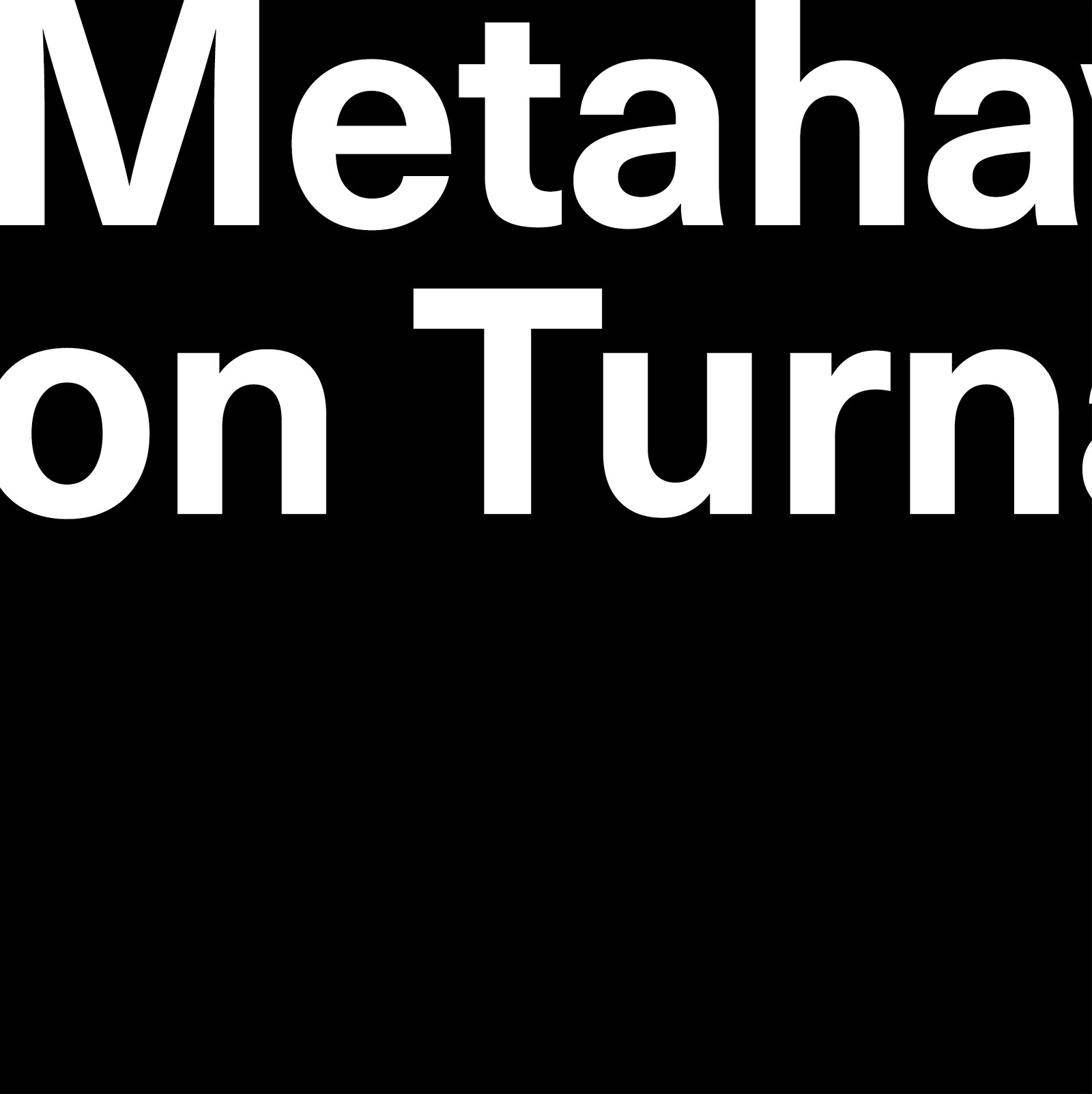Brian Kuan Wood Read Bio Collapse
Brian Kuan Wood is an editor of e-flux journal.
Navigation begins where the map becomes indecipherable. Navigation operates on a plane of immanence in constant motion. Instead of framing or representing the world, the art of navigation continuously updates and adjusts multiple frames from viewpoints within and beyond the world. Navigation is thus an operational practice of synthesizing various orders of magnitude.
Maybe there are other ways of overcoming modernity that remain important for us today. War is not the most desirable thing, though it is always a possibility as long as the sovereign state remains the only reality of international politics, since sovereignty presupposes the possibility of war.
If, since Walter Benjamin—or even since the avant-garde before Benjamin—we have been trying to ask how technology changes the concept of art, as you find in Duchamp, can we now turn the question around and ask how art can transform technology? I think this is an important question not only in a conceptual sense, but also in a diplomatic one. If you were to talk to an engineer about an art project, how would you talk to them? Do you simply want to import this or that technology to create some kind of a new experience? Or do you want to influence how technology is made, how technology is conceived, how technology ought to be developed? I think we can also turn the question around further by asking: How can art contribute to the imagination of technological development?
Art and Cosmotechnics
Yuk Hui
What is life in a world where I am also the architecture of that world? Until recently, the history of Western scientific development has been a history of a brutal spiritualism, where discoveries of cosmic mechanics only further displace the human observer. I might gain access to God’s computer in a quest to commune with higher forces, only to progressively discover that material forces are programmed as an inhospitable abyss in which my life means nothing. Science might come to the rescue to draw these material forces back under human command, weaponizing and industrializing their power to limit their threat. From Descartes conceding that we possess an exceptional soul in spite of being animate machines and Darwin’s allowing us an aristocratic status in spite of being animals, a brutal self-extinction has haunted (perhaps even guided) the European spiritual imaginary since the Enlightenment. We might eventually consider that mechanical forces and animal survival might have better things to do than conspire to exterminate our human kingdom the moment we observe them. In the meantime, we still need to contend with a world or worlds that serve our every need in the absolute, even amplifying them into architecture, sealing us in and serving us at the same time.
Goldin+Senneby
Insurgency of Life
New York Premiere: Metahaven, The Sprawl (Propaganda About Propaganda)

